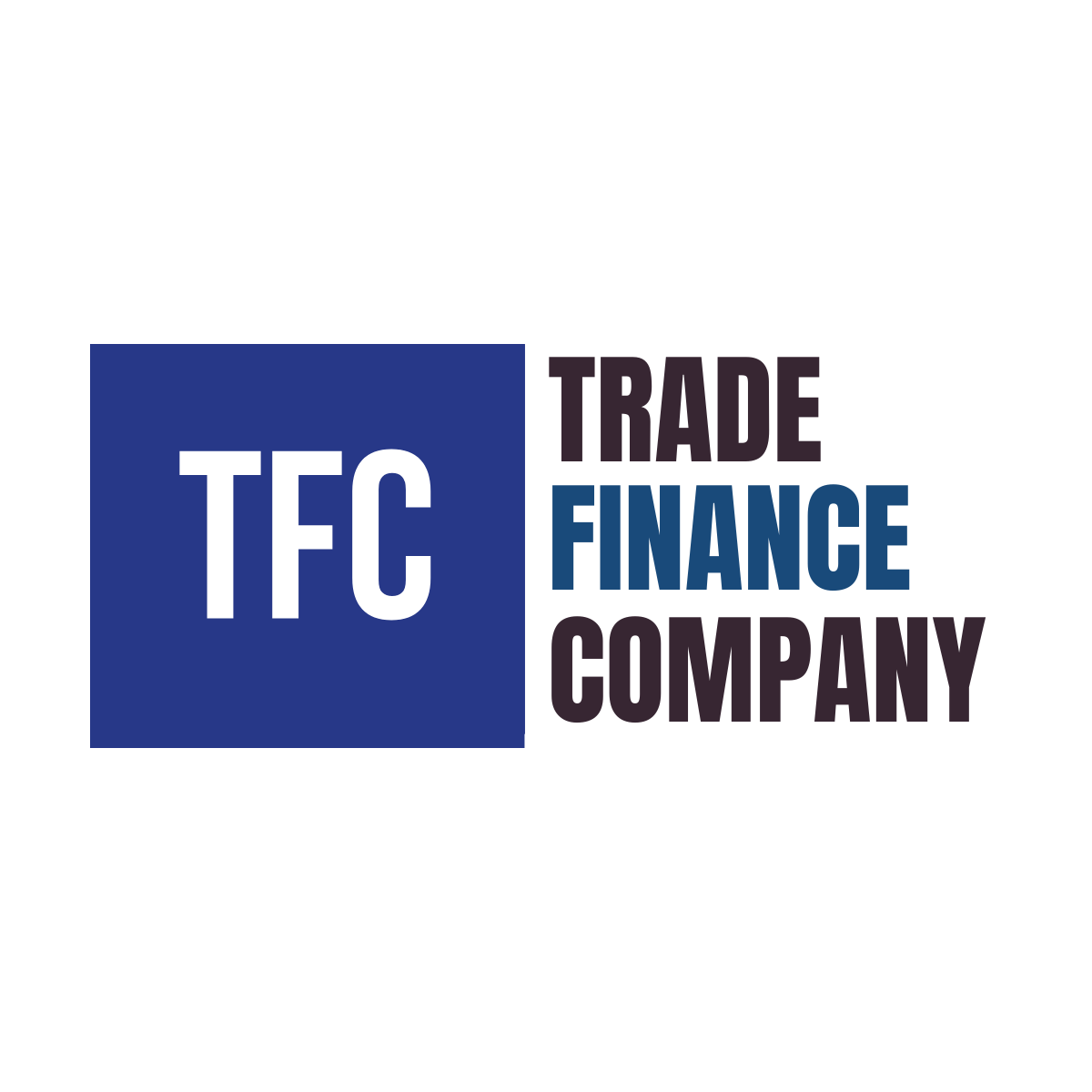The Impact of Global Economic Uncertainty on Trade Finance in 2025
The year 2025 has brought with it a wave of global economic turbulence—ranging from inflation spikes and geopolitical instability to fluctuating interest rates and fragile supply chains. For businesses engaged in cross-border trade, these uncertainties have a direct impact on financial planning and access to trade finance. Now, more than ever, importers and exporters must rely on trusted financial instruments to maintain operations and mitigate risks.
In this article, you’ll discover how to strategically protect your business using proven trade finance tools amid economic uncertainty. We'll share expert-backed insights that can help you reduce financial risk, maintain liquidity, and strengthen your trade partnerships—no matter what 2025 throws your way.
Economic instability isn’t just a macroeconomic buzzword—it’s what you feel when your trusted buyer defaults, when your supplier increases prices overnight, or when your bank suddenly tightens credit terms. For many business owners, trade finance is the safety net that allows them to keep moving forward. In a climate where volatility has become the new normal, having access to reliable, structured trade finance solutions is not a luxury—it’s a necessity for survival and growth.

“Global uncertainty challenges us, but it also forces us to become smarter, leaner, and more resilient—especially when it comes to trade finance.”
— Samuel Goh, International Trade Economist

This article will help you understand the impact of current global economic challenges on trade finance in 2025 and what that means for your business. You'll learn how to diversify your funding sources, manage currency risks, and protect yourself from counterparty defaults. We’ll provide practical, actionable tips you can implement immediately to keep your cash flow strong and your supply chains steady—even in the face of rising uncertainty. If you want to make smart decisions about financing your imports and exports this year, you’re in the right place.
1. Diversify Your Trade Finance Partners
Relying on just one financial institution can backfire in uncertain times. If that bank reduces exposure or changes its risk appetite, your business could be left scrambling. By working with multiple providers—including trade finance companies and reputable intermediaries—you improve your access to capital and reduce the chance of sudden disruptions in financing.
How to do it:
• Reach out to trade finance firms that offer flexible solutions tailored to your region or sector.
• Maintain strong communication with all financial partners to stay ahead of policy changes.
• Consider using tools like standby letters of credit, bank guarantees, and advance payment guarantees from multiple providers.
2. Hedge Against Currency Volatility
With exchange rates fluctuating daily, exporters and importers can quickly lose margins. Currency risk is one of the most overlooked threats to profitability in global trade. Securing protection against it is essential for long-term planning.
How to do it:
• Lock in exchange rates for major transactions using forward contracts or currency swaps offered by your bank.
• Build price flexibility into your contracts to account for currency changes.
• Evaluate currency exposures monthly and work with your financial advisor to adjust your strategy accordingly.
3. Vet Your Buyers and Suppliers Thoroughly
In economic downturns, the risk of default or fraud increases significantly. A buyer might delay payment, or a supplier might fail to deliver. Ensuring you’re doing business with credible partners is critical.
How to do it:
• Use bank-issued instruments like performance guarantees or letters of credit to secure transactions.
• Request background checks and trade references before entering new deals.
• Set up clear payment terms and secure them with financial guarantees when possible.
4. Build a Financial Cushion with Pre-Approved Instruments
When economic shocks hit, having ready access to financing can make or break your ability to fulfill contracts or seize new opportunities. Having pre-approved trade finance instruments in place allows you to act fast.
How to do it:
• Apply in advance for standby letters of credit or bank guarantees to have them ready when needed.
• Work with a trade finance partner that can issue proof of funds or ready, willing, and able (RWA) letters on short notice.
• Avoid last-minute financing, which often comes with unfavorable terms.
5. Reassess and Strengthen Your Risk Mitigation Strategy
Every business needs a tailored risk strategy that reflects the current economic climate. Now is the time to assess vulnerabilities in your trade finance process.
How to do it:
• Review all trade agreements and include stronger force majeure or dispute resolution clauses.
• Make use of tender guarantees and advance payment guarantees when entering government or large-scale contracts.
• Stay in constant contact with your trade finance advisor to review potential exposure regularly.



